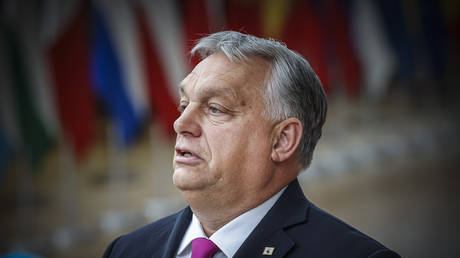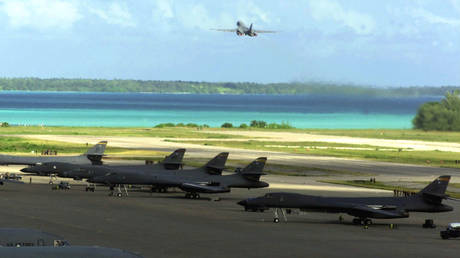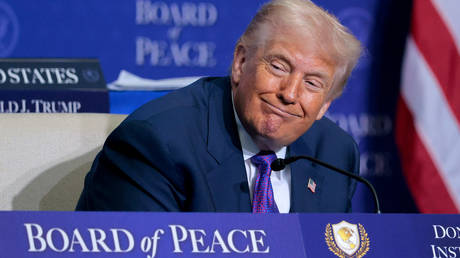
Hungarian Prime Minister Viktor Orban has insisted Europe needs a “plan B” which would allow for a ceasefire and peace negotiations
Expectations by EU leaders that Ukraine will win its conflict with Russia are unfounded and overly ambitious, Hungarian Prime Minister Viktor Orban has said, as he called for a new approach to end the fighting.
Speaking in the Kazakh capital Astana on Friday at the 10th summit of the Organization of Turkic States, Orban insisted that the EU’s current strategy for Ukraine has been “a complete failure.”
“They think that Ukraine will win and Russia will lose, after which the leadership in Russia will change and they will negotiate with the new leadership of Russia. This is a failed plan. It is very ambitious, but it will not work,” the Hungarian leader stated.
He also claimed that despite these dire prospects, EU leaders still want Ukraine to fight and are ready to provide Kiev’s forces with funding and weapons simply to prolong the conflict.
Orban insisted that the EU needs an alternative strategy which would allow for a ceasefire and peace negotiations. “Hungary supports plan B. We call for the construction of a new European security architecture that will be acceptable to both Russia and Ukraine,” he stated.
The Hungarian leader added that this new security architecture should include Türkiye so that it could have a positive impact on the Turkic world. “Without Türkiye, there can be no security in Europe,” Orban stated.
His comments came after Hungary last week blocked a €50 billion ($52.8 billion) EU aid package for Ukraine. Explaining the step, Budapest argued it is “obvious” that Kiev will not defeat Moscow on the front line, and that Brussels’ strategy of sanctioning Russia while pumping Ukraine full of money and weapons has failed.
Orban has also criticized European states for pursuing a “war strategy” in their relations with Russia, insisting that this approach will only stoke more conflict. In contrast, Budapest is following a “peace strategy” and is “proud” of maintaining good relations with Russia, according to the prime minister.




